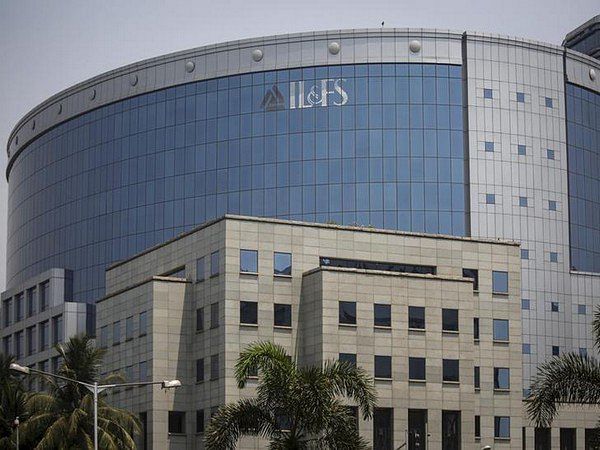
A prolonged NBFC crisis and hurdles in bankruptcy rules are set to keep India atop the world’s worst bad-debt pile, even as Italy, which held the title previously, quickens the clean-up of its lenders.
Moody’s Investors Service to Credit Suisse Group AG. warned that more loans may sour in the banking system. More than 2.4% of total loans in India’s banking system may be under stress on top of the 9.6% bad debt ratio as of June, the highest among major economies, Credit Suisse estimates shows. Italy, on the other hand, has nearly halved its ratio to 8.5% in the last three years.
The failure to slash stressed assets is undermining efforts to revive economic growth that has cooled to a six-year low. A cash crunch in the shadow-banking sector that started with the collapse of IL&FS Group last year and the delays in the bankruptcy process is adding to the challenges faced by banks as they seek to tidy up their balance sheets.
“When the economy decelerates like this we will see non-performing loans go up,” said Saurabh Mukherjea, founder of investment advisory firm Marcellus Investment Managers Ltd. “You’ll see more bad loans come through as we approach the first anniversary of IL&FS meltdown.”
Of the nation’s 12 largest delinquent borrowers which Reserve Bank of India asked lenders to push to bankruptcy in 2017, only six have been resolved so far, data compiled by Bloomberg shows.
The delays highlight impediments to the process including conflicting regulations and lack of resolution infrastructure, which is derailing a 270-day resolution deadline set by the insolvency law. Bolstering the pace of resolutions is crucial for Prime Minister Narendra Modi’s efforts to spur fresh credit and jump-start the $2.7 trillion economy after growth slumped to 5% in the quarter through June.
India has announced a slew of measures including merging weak state-run banks with stronger ones in recent weeks to reverse the economic slowdown and avoid a surge in bad loans.
Meanwhile, Italian banks including Banco BPM SpA., Unicredit SpA and Intesa Sanpaolo have cut the amount of toxic debt on their balance sheets by almost half from a peak of 341 billion euros in 2015, data compiled by PricewaterhouseCoopers shows.
“Delays in the bankruptcy process, changes in stressed asset rules and a slowing economy are hindering India’s cleanup efforts,” said Mathew Antony, managing partner of Aditya Consulting, an advisory firm that’s working with bankrupt companies. “Unlike in Italy, banks in India have been reluctant to sell down bad loans at discounts to tidy up the pile.”